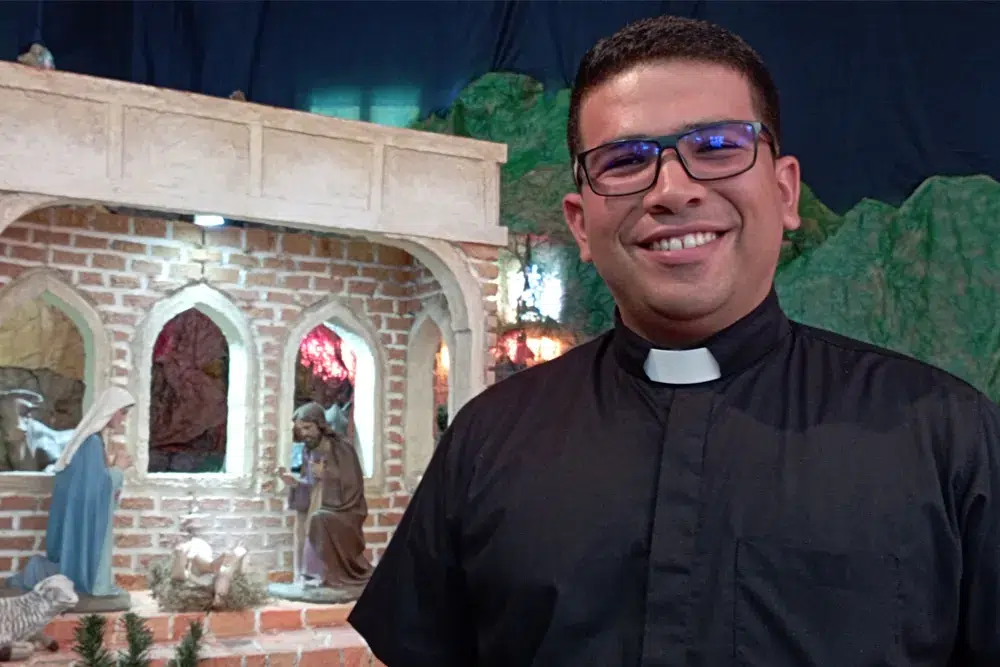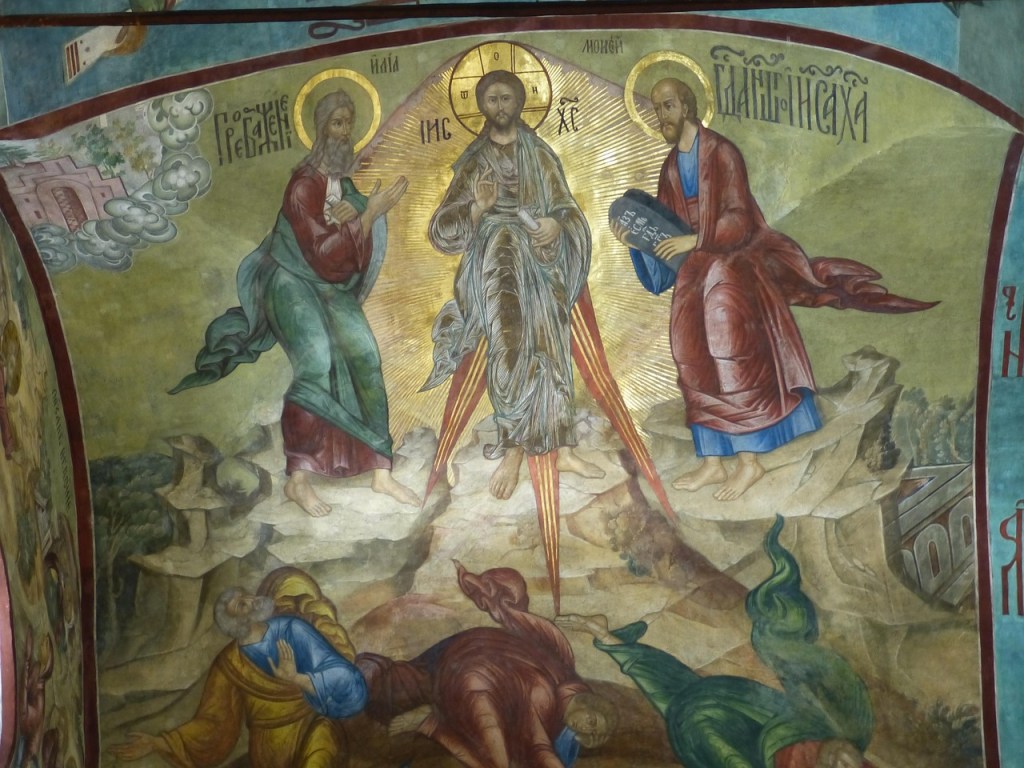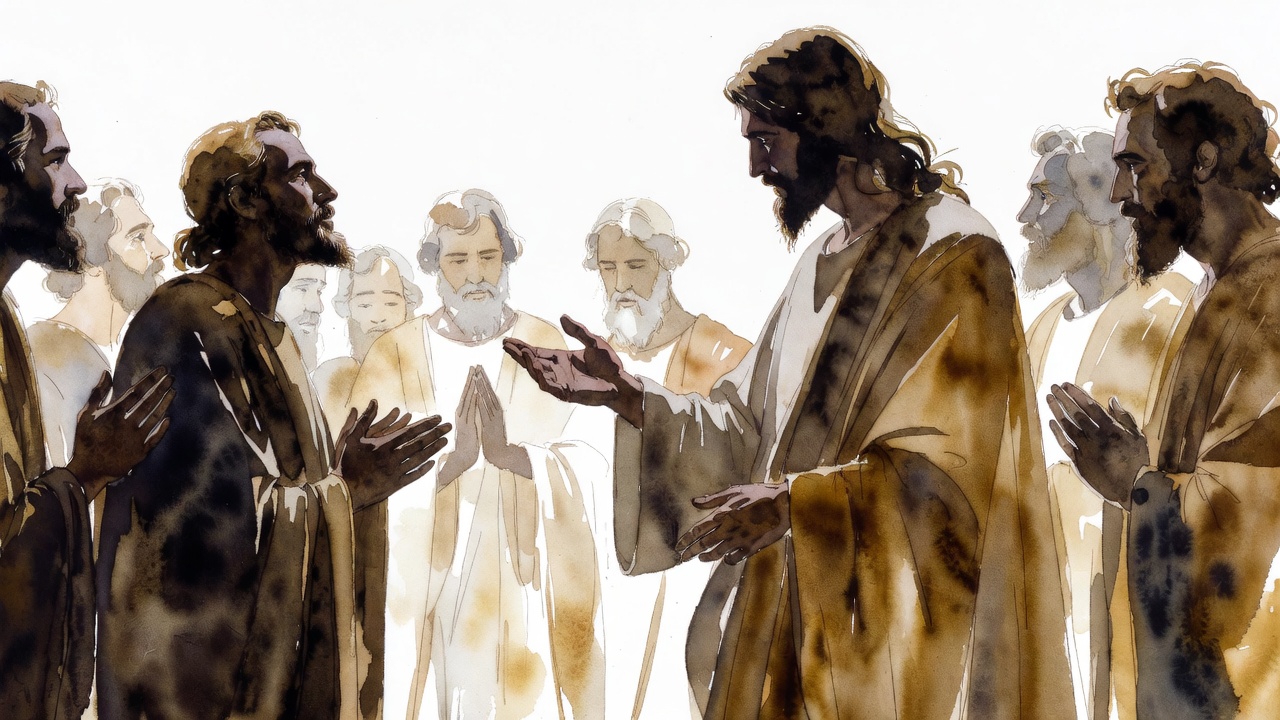Alice Topno: “Better service with the love of Jesus”
Alice Topno is a missionary belonging to the Congregation of the Daughters of Saint Anne, DSA (Ranchi, India), an institution of the Church founded in her country in which all its members are Indians

Currently, she is a student at the Pontifical University of the Holy Cross (Rome) where she is pursuing a Bachelor’s Degree in Institutional Social Communication. She is the first religious of her congregation to carry out these studies for the evangelization of her country. This missionary tells her testimony of her vocation and how Christians live as a minority in India.
She was raised in an Indian Catholic family.
She was born on May 20, 1989, in India, in Torpa, Jharkhand state, into a Catholic family. Likewise, she grew up in a Christian environment and studied in a Catholic school with her siblings, along with students of other religions. In a tribal environment, with a Christian upbringing, she grew up at home with her parents. She soon decided to join the Congregation of the Daughters of Saint Anne (DSA), an institution founded in India.
“This is a very familiar congregation for me since I studied at their school. After high school, when I was 17 years old, I felt a special call to enter religious life. I wanted it as a child, but seeing the sisters inspired me to want to be like them. From time to time, when I went to Mass in the parish, I observed the life and service of the nuns. There the seed of my vocation was born,” says Alice.
Serving the needs of the local Indian church
She received training to enter her congregation in 2006, for three and a half years. She then made her first vows in 2009. After an experience of eight years of religious life, she learned all the activities and apostolates, consecrating herself to the Lord with perpetual vows in 2017.
«My Congregation was erected in Ranchi on July 26, 1897, by Archbishop Paul Goethals in response to the situation and needs of the contemporary local Church. It is an Indian congregation recognized by papal law. Our charism is ‘Better service with the love of Jesus’, as we have been specially called to announce the Good News to the meek, to heal the sick, to serve the poor and oppressed, to work for the education of children and women, and to provide special care to help other people on their eternal journey to heaven,” highlights Sister Alice.

Evangelization, education, nursing and social work
To fulfill this objective, «God has endowed us with special gifts. We work in four apostolates: evangelization, education, nursing and social work. We are present in Italy, Germany and India. Our headquarters is in Ranchi, Jharkhand state, India. This state, located in eastern India, is known for its unique tribal communities, each with its own culture, traditions and way of life. Specifically, the state is home to several important tribes such as the Santhal, Munda, Oraon, Kharia and Ho, each of whom contribute to the rich tapestry of indigenous heritage,” Alice tells us.
The expansion of the Church among the tribes
The tribal cultures of Jharkhand are deeply rooted in connection with nature, and this is evident in their traditional practices, which are an integral part of Indian cultural expressions. Festivals of various kinds play a crucial role in tribal life, as occasions for community gathering and/or religious observance.
Sister Alice Topno reviews the story: “In 1885, Fr. Constant Lievens, S.J., the great apostle of Chotanagpur, landed in Ranchi as a zealous missionary. The arrival of this Belgian Jesuit marks the beginning of the great expansion of the Church among the tribes of the Chotanagpur plateau. Christians are a minority in India and also in Jharkhand. They live together and share their common life with others; “the beauty of this unity in diversity is well practiced.”

The lifestyle of Indian tribal communities
The lifestyle of tribal communities in Jharkhand revolves around agriculture, forestry and traditional crafts. The tribes practice shifting cultivation, in which they rotate their agricultural plots to maintain soil fertility. The use of traditional farming techniques and reliance on local resources highlight their sustainable approach to life.
In addition to agriculture, crafts are an important part of the tribal economy. These artistic expressions not only serve as a means of livelihood, but also transmit their cultural identity from generation to generation. The tribal communities of Jharkhand follow a close-knit social structure, with strong ties within the community. The village council, known as the “Panchayat“, plays a key role in resolving disputes and making community decisions.
Challenges of the State of Jharkhand
Tribal communities have a collective responsibility to each of their members, fostering a feeling of unity and mutual support. Furthermore, Jharkhand has more than 40% of India’s mineral resources, but 39.1% of its population is below the poverty line and 19.6% of children under five are malnourished. Jharkhand is mainly rural, with about 24% of the population living in cities.
“We face challenges such as displacement due to industrialization and deforestation, poverty, migration to big cities, etc. Efforts are being made to balance development with the preservation of indigenous cultures, ensuring that the unique traditions and lifestyles of our tribes endure,” Alice explains.
Its rich cultural heritage, vibrant festivals, sustainable lifestyle and artistic expressions contribute significantly to the diverse mosaic of the Indian cultural landscape. Efforts to preserve and celebrate these traditions are critical to maintaining the unique identity of our tribal communities.
The first missionary of her congregation in Rome
Her congregation works among tribal communities and has felt the need to make her vision and evangelization work a reality in the age of new media.
That is precisely why she is in Rome studying Institutional Communication, because the Congregation decided to grow the apostolate of evangelization, seeing the need of society and the Church in India. It is the first time that such an initiative has been taken to grow in this field, and she is the first to be doing these studies.
She is convinced that the training received in Rome will help her to work very well and effectively within the Institute and also outside, especially for the local Church, in the field of evangelization among the tribal population and especially with young people.
Alice concludes with a smile: “I sincerely thank the benefactors for all their help: they are always in my prayers.”
Related

“A new fervor of faith is emerging in Venezuela”
Fundación CARF
02 March, 2026
4 min

Study Day on the Encyclical Dilexit Nos
Exaudi Staff
02 March, 2026
3 min

Reflection by Bishop Enrique Díaz: His face shone like the sun
Enrique Díaz
01 March, 2026
6 min

The Sorrow of the Flight to Egypt and the Joy of the Overthrow of the Idols
Miguel Morales Gabriel
01 March, 2026
2 min
 (EN)
(EN)
 (ES)
(ES)
 (IT)
(IT)


